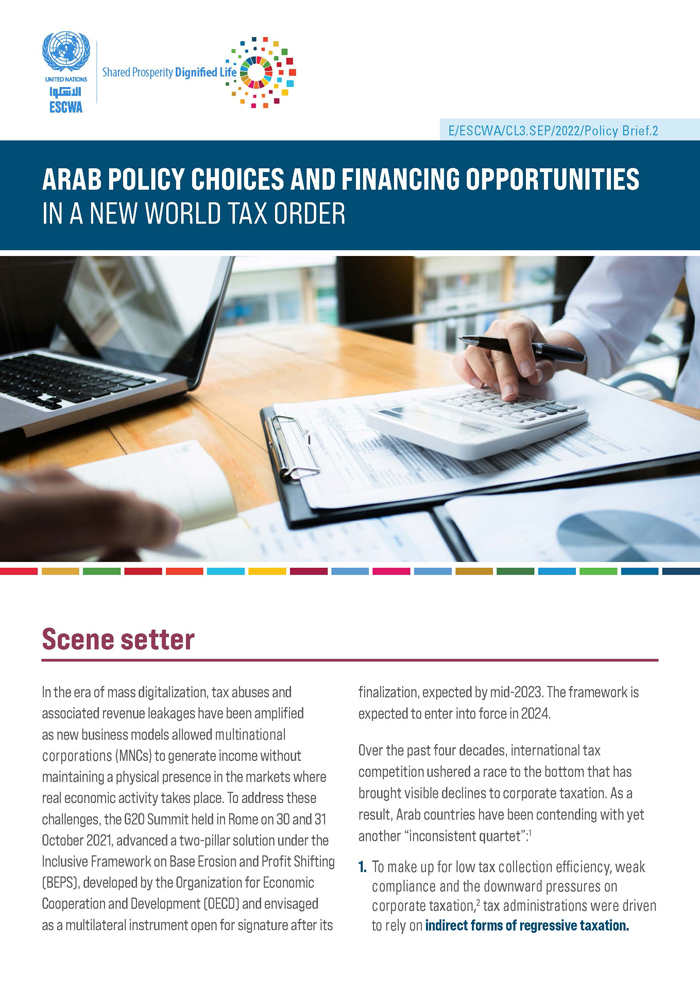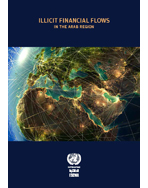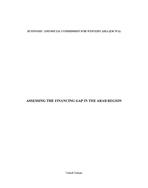
Background
Illicit financial flows (IFFs) are stripping Arab countries of significant resources that could have otherwise been harnessed to finance the 2030 Agenda for Sustainable Development. IFFs account for substantial financial leakages causing severe drainage to domestic resource mobilization efforts, weaken tax and trade systems and drive the low levels of investment in critical physical and social infrastructure. They also undermine the rule of law, stifle trade, worsen macroeconomic conditions and raise severe security complications, facilitated in part by tax evasion and tax havens, the proliferation of base erosion and profit shifting practices as well as entrenched trade-based money laundering.
Insecurity remains a daily source of IFFs in the Arab region, be it a direct implication of occupation, terrorism, corruption, transnational crime or militant activity. Equally, however, IFFs have been propelled by tax abuses on the part of multinational corporations that have sought to reduce their tax footprint while maximizing their profits reaped from the Arab region.
Our approach
Efforts to eliminate IFFs require estimates that can provide insights to the types of flows, activities and schemes that are most pervasive in the Arab region, shedding light on the most vulnerable sectors or channels. ESCWA contributes to building the capacity of Arab countries to identify and estimate these flows and measure the different types and conduits of IFFs.
Our partners
Ministries of Finance, Planning, Economic Development and International Cooperation and Central Banks
Our activities
ESCWA prepares studies on the different aspects of illicit financial flows in the Arab region. It holds meetings to translate knowledge into concrete actions and capitalize on regional and international experiences.



